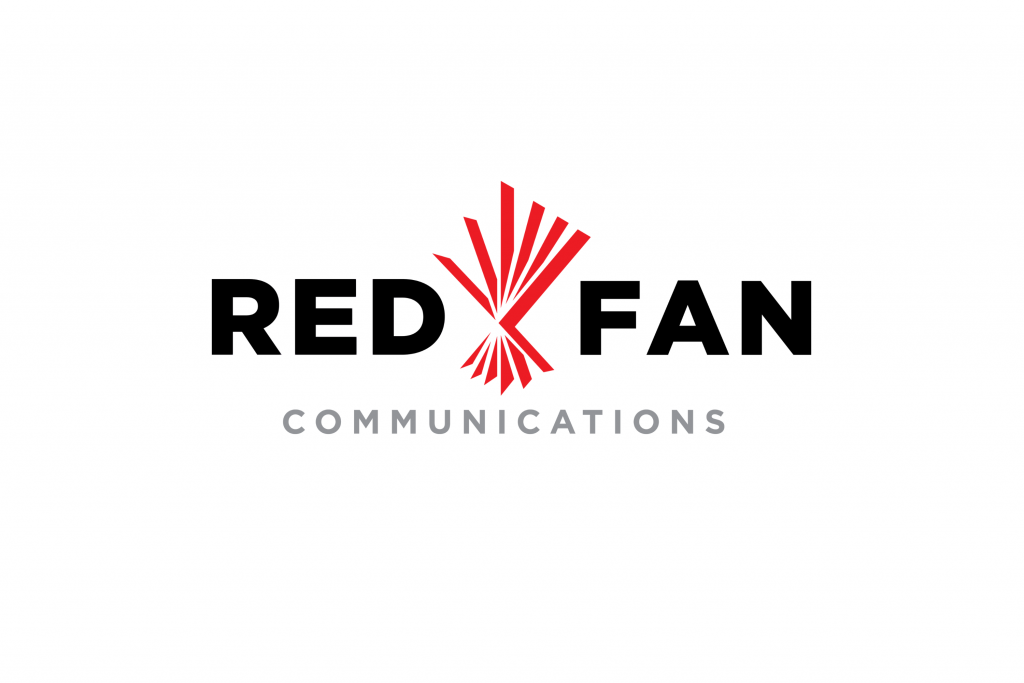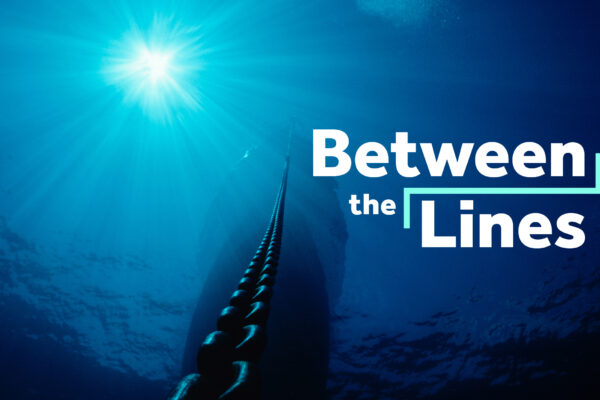We’re all about capturing the public mood here at Red Fan, and we think it’s fair to say at this point that the transition from 2020 to 2021 wasn’t the clean break we would’ve liked; we’re feeling less of a fresh start and more of an “out of the fire and into the frying pan” vibe so far this year. Still, we’re hopeless optimists and will find the good wherever there’s good to be found. We have a growing team, a growing roster of clients, and quite a few communications trends—some of which we cover below—that are ushering in a new era of brand trust and responsibility that we can’t help but be excited about.
Let’s jump in.
THE ROUNDUP
– Seven communications strategies for CEOs in 2021: The latest Forbes article from Red Fan’s own Kathleen Lucente on a few of the most important strategies that will define communications for CEOs this year.
– What the hell is going on with GameStop’s stock?: A true rags-to-(faux)-riches story, “the tale of GameStop’s stock price—and the central role of a subreddit called r/WallStreetBets—will be taught in business schools one day, no matter how it ends.”
– Digital trends 2021: Responsible business puts trust, ethics and sustainability first: This piece from SAP Global Communications director Susan Galer is full of interesting market research and insights that reinforce the value of brand trust and ethical responsibility. Our favorite point: “Sustainability is table stakes for responsible businesses.”
INSIGHTS
This past month, we’ve witnessed the lines between brands, politics, free speech and public trust blur significantly. We’ve admittedly been on this road for quite some time now, but the Jan. 6 insurrection against the Capitol was the culmination of events that simply doesn’t have a precedent. We’re still experiencing the fallout as businesses paused political contributions, released statements and took direct action. There are a couple key insights gleaned from this, not the least of which is a potential shift in the role the private sector plays in protecting the truth and preserving democracy.
TAKING POLITICAL STANCES MIGHT BE THE NEW NORM
Companies have faced a reckoning, and are realizing that ensuring stability in a world of partisanship often means taking a side. “When the attacks go to the heart of the social fabric––the democratic norms of the country––which would make it impossible to run a business, then I think businesspeople reluctantly do show up,” Thomas Glocer, ex-CEO of Thomson Reuters, told PBS. For businesses, regaining stability goes hand-in-hand with long-term profitability. But it’s much more than that: Political stances are no longer as taboo as they once were. These days, “the fact that (people) viewed (companies) engaging in liberal advocacy as neither good nor bad suggests that they thought doing so was merely normal business,” reports the Harvard Business Review.
Will businesses be taking more vocal or actionable civic positions, or are the events of the last few weeks—and the potential precedent they set—more easily forgotten than they appear? Twitter’s decision, for instance, to suspend the former president’s account for violating its recently expanded civic integrity policy, along with its ban of more than 70,000 QAnon accounts, seems to signify a new model for how brands embrace their civic duty.
While consumers are accepting, and in some cases mass-supporting, direct political action, it seems like brands might feel less embroiled in politics with the new administration and less inclined to respond to the public positions of the new president. However, The New York Times reports that business leaders believe they’ll continue speaking out on issues they support. In a time when even something as simple and easy as wearing a mask is needlessly hyper-politicized and debated en masse, brands are increasingly valuing sensibility over sensitivity.
TRUST IN BUSINESSES IS INCREASING
It wasn’t that long ago that consumer trust in marketing and advertising was at an all-time low. Recently, however, consumers viewed brands expressing political beliefs as “both genuinely held and designed to build loyalty,” wrote James Bailey and Hillary Phillips for HBR. Authenticity and loyalty in one fell swoop? Now we’re talkin’.
Even more fascinating, business as an institution has become more trusted than NGOs, governments and the media, says Edelman’s Trust Barometer of 2021 Global Report. Sixty-eight percent of people believe CEOs should step in when the government doesn’t fix societal problems, which will open up new creative opportunities for business leaders to find their voices and share their insights beyond just the markets in which they operate. These findings suggest a new age of company responsibility––when your business is more trusted than the government or the media, how will you wield this power? Brands and their leaders will need to be even more in tune with social issues and geopolitical climates, which will require enhanced commitments to critical elements like corporate communications, employee engagement, external messaging and executive positioning.
RANDOM ACTS OF FAN-NESS
– This past year, Red Fan was fortunate to see significant growth. We expanded our B2B client portfolio in core verticals and grew our team to support our development. Read more about our expansion and our 2020 clients here.
– We are proud to announce that Red Fan has joined the Civil Alliance, a nonpartisan coalition of businesses working to strengthen our democracy by encouraging civic participation.






